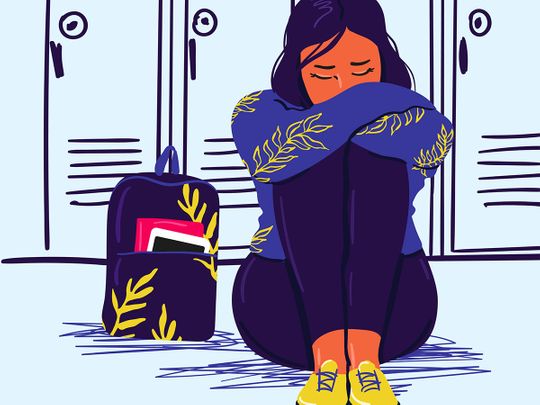Do you think your child is depressed? Here’s what the World Health Organization recommends
The World Health Organization (WHO) drew attention to depression in children and adolescents through a social media post on Monday.
The message read: “Growing up is full of changes – like starting school, going through puberty and preparing for exams. For some children, such changes can cause stress and depression.
“If you think your child might be depressed, talk to him about how he feels. And don’t be afraid to seek professional help.
He added on his Facebook account that it is common for young children to experience emotional problems.
Other things you need to know if you have young children, according to the WHO:
- A headache or stomach ache, persistent crying, or difficulty moving away from you can be signs of an emotional problem.
- Loss of interest in the game, irritability and difficulty concentrating are other signs.
- Depression, however, is rare in young children.
The post went on to address signs of depression in older children or teens, which he said is “pretty common”.
Signs include:
- Persistent sadness or irritability
- Difficulty carrying out daily activities
- Loss of interest in activities they normally enjoy
- Withdrawal from others
- Feelings of worthlessness or guilt
- Fatigue
- Hustle
- Difficulty concentrating
- Changes in appetite or sleep patterns
- Take risks they wouldn’t normally take
what you can do
The WHO recommends the following advice if you see signs of depression in your child:
- Talk to your child about how he feels and if anything worries him.
- Pay special attention to their well-being during life changes such as starting a new school or going through puberty.
- Encourage your child to get enough sleep, eat regularly, be physically active, and do things he normally enjoys.
- Spend time with them.
- Talk to trusted people who know your child to see if they have noticed anything that might worry them.
- Ask your healthcare provider for advice. Do not hesitate to contact us if you are concerned.
- Protect your child from situations where they could experience undue stress, abuse or violence.
- If your child has thoughts of harming themselves or has ever harmed themselves, seek help from emergency services or a healthcare professional. And remove objects such as medicines and sharp objects from its vicinity.


Comments are closed.